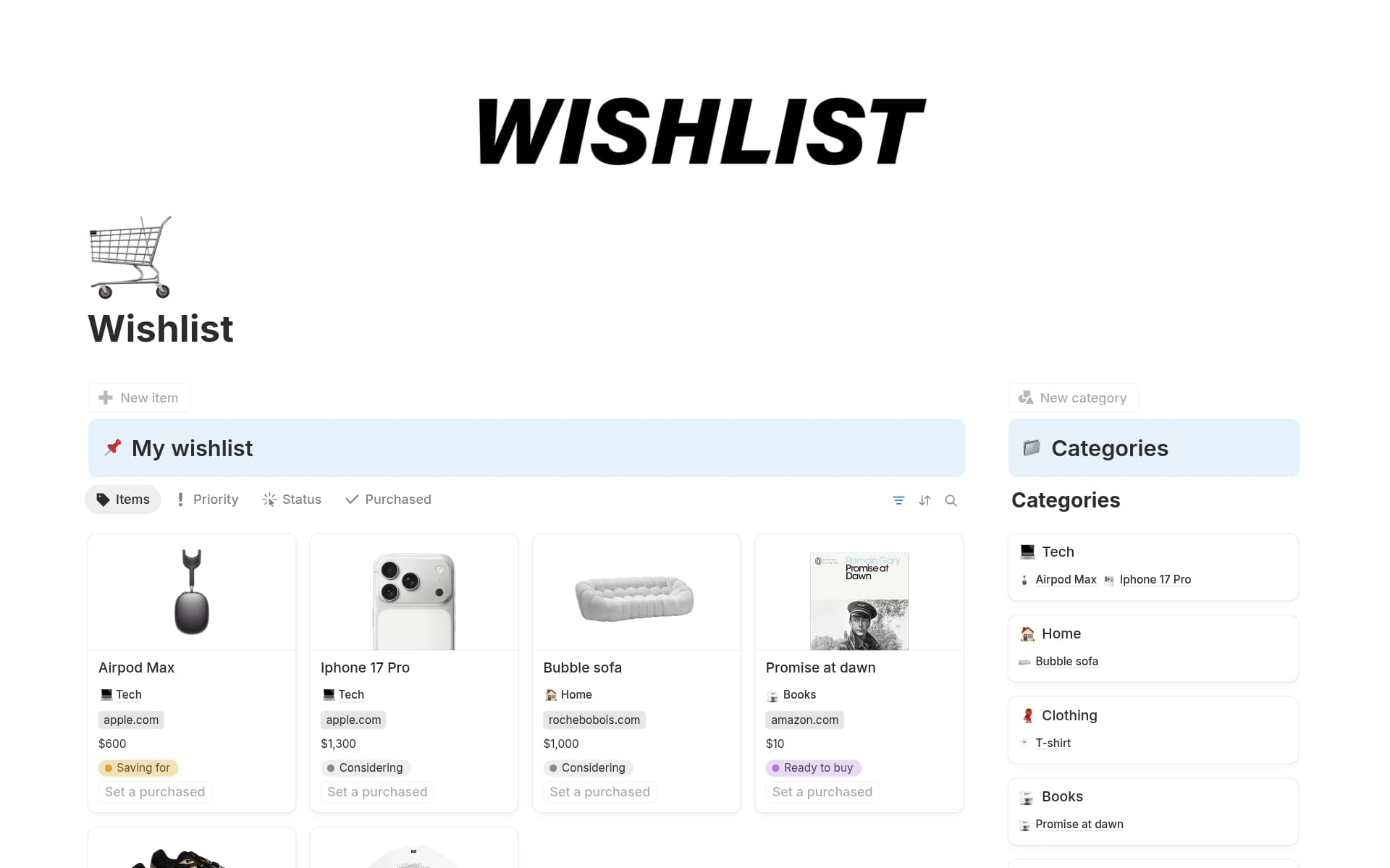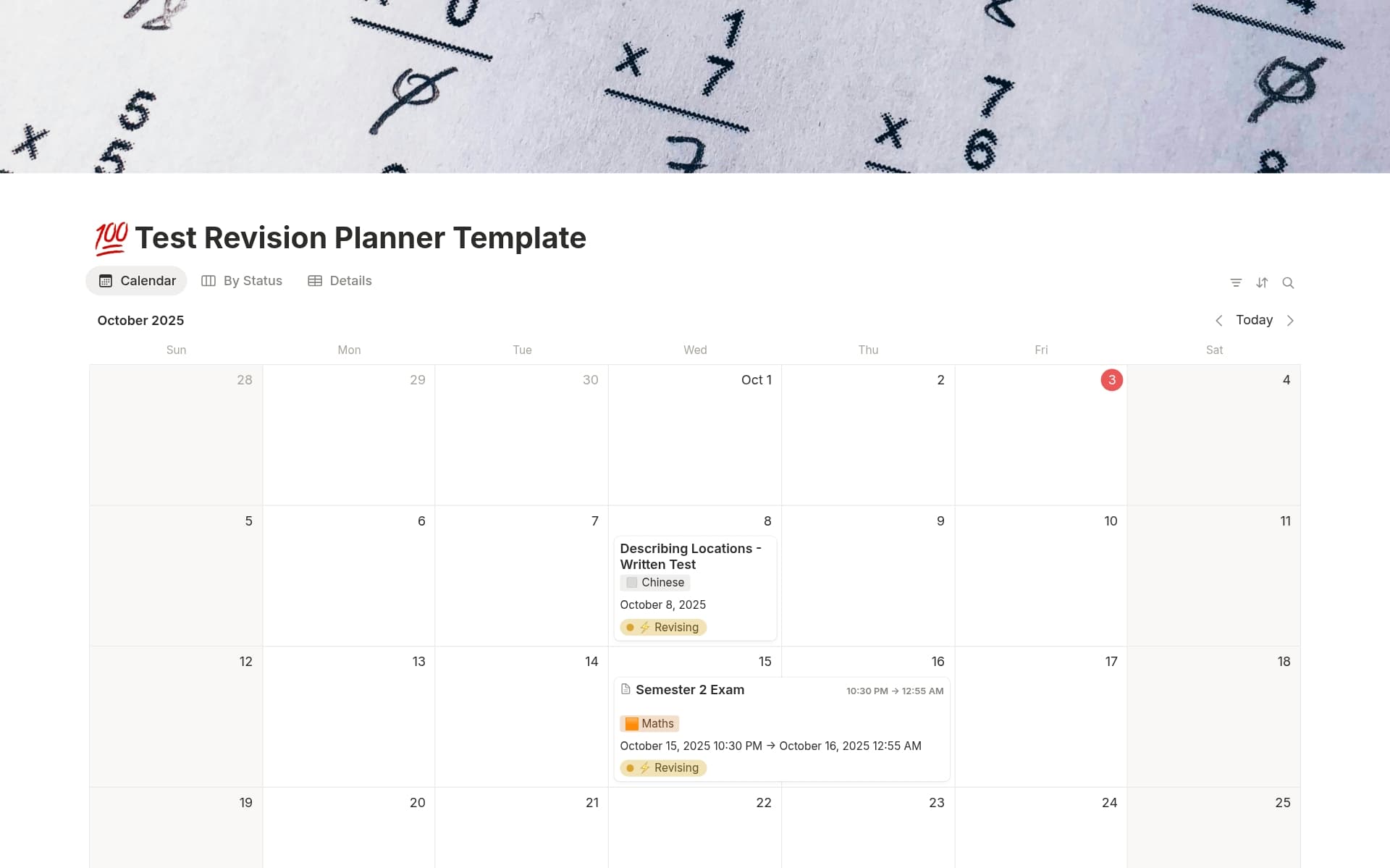In the realm of talent acquisition, staying organized and effectively communicating with candidates can markedly streamline the hiring process. A Candidate Materials template provides a centralized hub for all essential information—such as interview schedules, preparation guides, and evaluation criteria—making it easier for candidates to prepare and for recruiters to follow up. Before you embark on creating your own Candidate Materials template, consider exploring the examples below to facilitate a smoother, more efficient process.
What Should Candidate Materials Templates Include?
Choosing the right Candidate Materials Template is crucial for streamlining the recruitment process and ensuring you have all necessary information at your fingertips.
Comprehensive Contact Information - Ensure the template has space for detailed contact info, including multiple phone numbers and email addresses.
Education and Certification Details - It should include sections for educational backgrounds and any certifications that are relevant to the position.
Work History and References - A good template will allow you to track previous employment and provide fields for references and their contact information.
Skills Inventory - Look for a template that helps categorize and rate the candidate's skills relevant to the job they are applying for.
Selecting a well-structured Candidate Materials Template can significantly enhance the efficiency of your recruitment efforts and improve candidate assessment accuracy.
What Should Candidate Materials Templates Avoid?
Choosing the right Candidate Materials Template is crucial for streamlining the recruitment process. However, certain features can complicate rather than simplify your workflow. Here are three key components to steer clear of:
Overly Complex Layouts: Templates with too many sections or intricate designs can be confusing. Opt for simplicity to ensure that the information is easy to digest and act upon.
Non-Customizable Fields: Avoid templates that don't allow you to modify fields. Flexibility is essential for tailoring the template to specific roles and requirements within your organization.
Irrelevant Data Fields: Templates should not include unnecessary data fields that do not apply to your evaluation process. This can lead to information overload and distract from key qualifications.
Ultimately, the best template is one that enhances clarity and efficiency, helping you focus on the candidate's qualifications and fit for the position.




